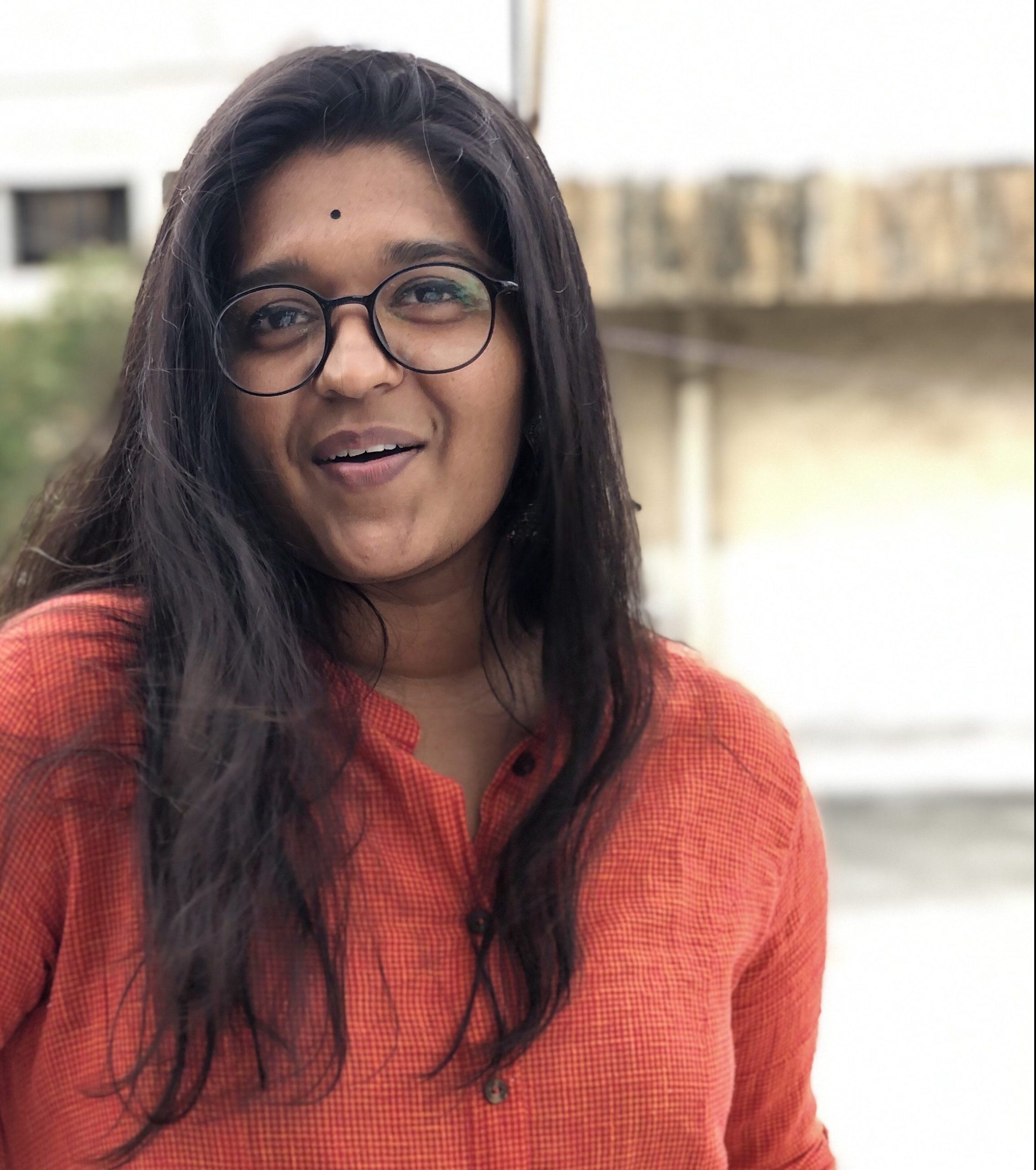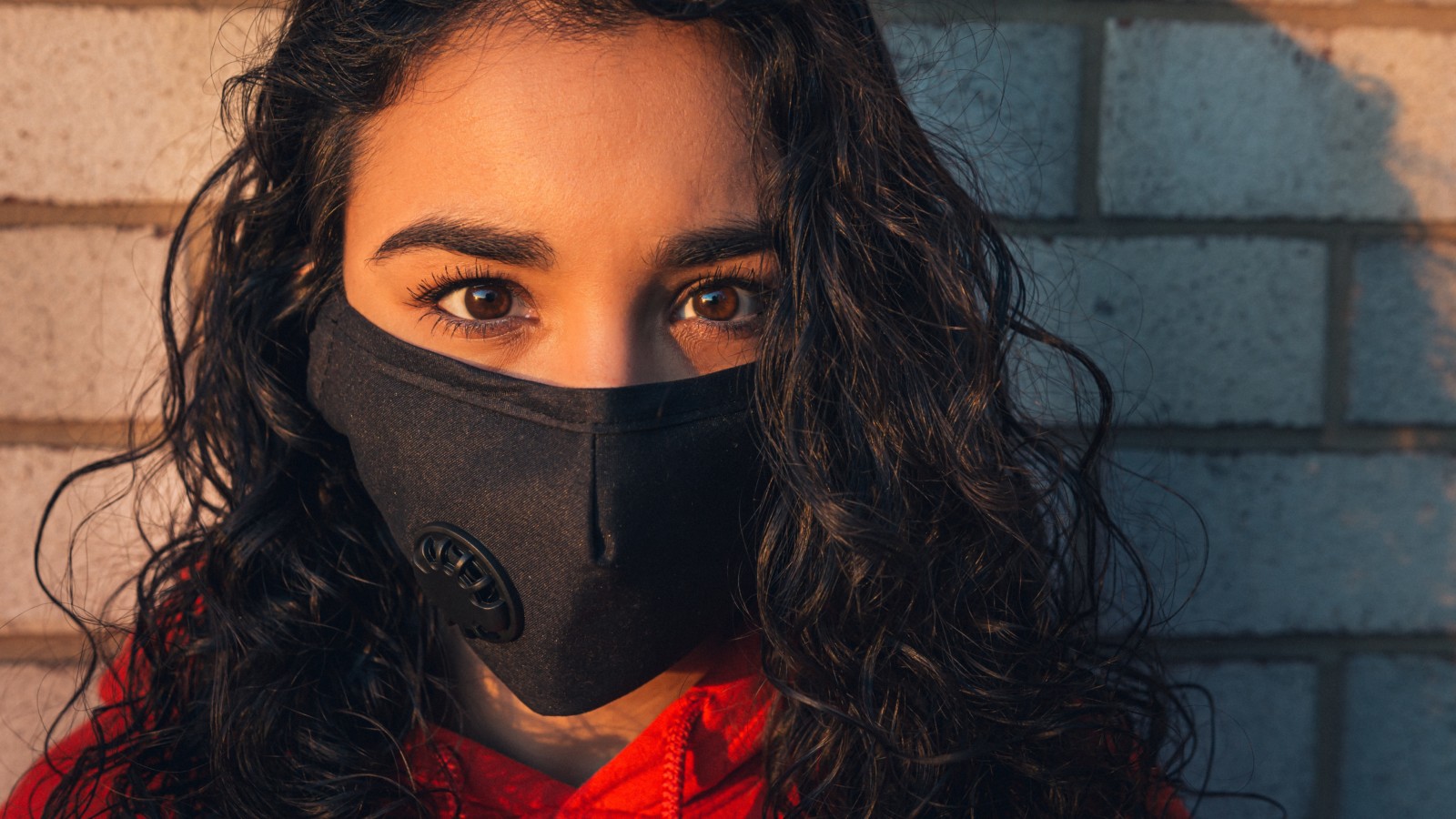Feelings of sadness, fear, anxiety, anger, emotional exhaustion and grief are being widely felt by people across the world, even after seven months of the pandemic of Covid-19. Though everyone, irrespective of age is affected by the pandemic in socio-economic and psychological realms, every group has its own challenges to meet.
The youth have been grappling with several issues. Many are struggling to adjust to the negative home environments, students are left confused about their future academic decisions along with battling the online examinations, fresh applicants are stressed about maintaining their jobs, graduates are desperately finding new internships to upskill and with all these challenges the youth is left estranged from their friends and loved ones that served as family and strength.
The youth have been hard-hit with the pandemic which has also left them quizzical and worried about their future, which many had recently embarked or were in the process of, leaving them baffled and hopeless. The youth are bound to shoulder the maximum social and economic repercussions for a long-term ahead which isboudn to affect them economically and psychologically.
The youth suffering from mental illnesses have had a double edged challenge amidst the pandemic with several challenges such as difficulty meeting their mental health professionals and following up online, procuring medication, the fear and increased risk of developing Covid-19, restricted movement and sudden change in their diurnal routines. Though the online transition made several alternatives available, it hasn’t been the most comfortable shift for many.
However, the youth have been the torchbearers of mental well-being, bringing a shift in the conversation around mental health, for the better. Young people across the world have stepped up to adapt towards the crisis. We asked some young persons between the age of 16-29 years and found out that some of the things that they are doing to cope with the crisis are: staying active, maintaining a lockdown / pandemic schedule, investing to learn new hobbies, learning skills, ensuring communication through online platforms, keeping loved ones close and most importantly indulging in self-care and taking time out to work on themselves.
The youth have also taken several measurable steps to walk towards the ‘new normal’, apart from upskilling on technological know-how. Some of these include adapting to social media platforms for dating, socialising and staying connected with loved ones, balancing me-time and working from home by keeping toxic work habits at bay. Much more than before, the youth have taken an active step to work on their emotions and mental states that have been impacted by the pandemic.
Self-acceptance, mindfulness and self-care have been an addition to the lockdown routine for many young. Social media platforms are flooded by not just initiatives by the youth to advocate for mental health but also increased dialogue and shared stories around mental health, only reaffirming the growing support for mental health awareness among the youth.
As a mental health professional, it has also been a key observation in practice that the youth have not just focused on their mental health and sought for help but have also encouraged friends, peers and family members to address their mental health. Some instances that reveal the novelty of experience among parents tell us that adults too can benefit from therapy.
“I would have never considered speaking to a therapist because I am so used to talking to my friends or parents and many a time, just distracting myself with work. It was only till my daughter was taking therapy and pushed me to seek help, that I decided to go to therapy. I haven’t told anybody else in the family as they may find it unsettling but therapy has been a nice experience,” said a 48 years old mother from Punjab.
Another instance was narrated by a 25 year old woman in therapy, who only let her parents know that she was in therapy, eight months after beginning. “I took a long time to let my parents know that I was coming to therapy because they weren’t supportive of the same. I funded my own therapy too but with the lockdown, I lost my job and couldn’t fund therapy, myself. When I spoke to my parents, they first broke down, feeling guilty and helpless that they couldn’t help me. When I explained to them how therapy was just an additional support system to them, they gradually became very supportive of taking care of my mental health.” These are small but powerful steps that unshackle the stigmatic glue against mental health. Though the pandemic has certainly brought on a possible wave of the mental health pandemic, it’s not all bad news. The time for self-reflection and addressing mental health may actually be unfolding a stronger path to mental health and well-being.
Several young people have stood up for their better mental well-being and have also been resilient towards community mental health as well. It is heartwarming to share that as a therapist sometimes I also get reminder messages from my young patients: “Reminder to take R&R.” The gesture conveys an empathised tone and the heightened awareness that health carers also need rest, which is an expression of taking that extra step beyond self-care.
Additional to the present steps towards well-being, what is intriguing to think about with a future-oriented lens is how the youth is changing the intergenerational load (trauma) of mental health for the upcoming generations by focusing on addressing mental health for better well-being. This becomes peculiar to think upon when the pandemic is leaving the global community with the risk of imprinting the future generations with the experiences of collective trauma. As the United Nations Secretary-General António Guterres said, “Young people are in the centre of the need but also in the centre of the innovative responses to mental health.”


